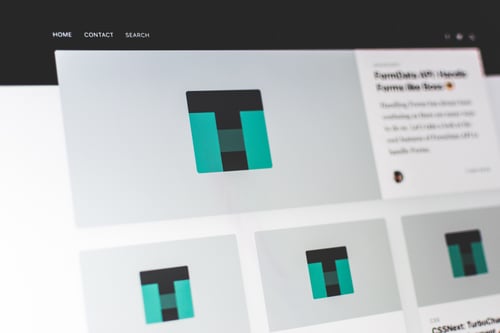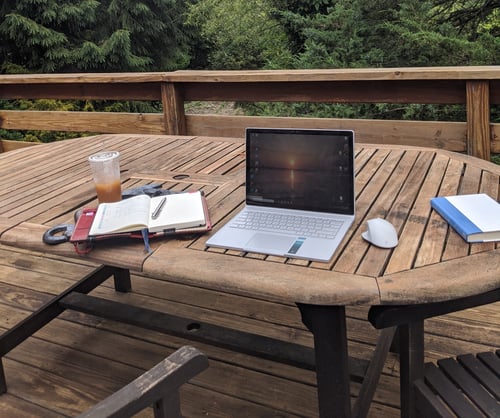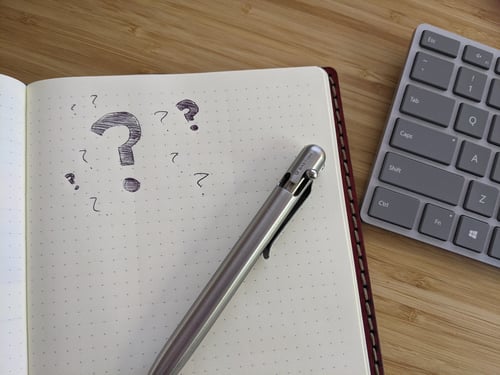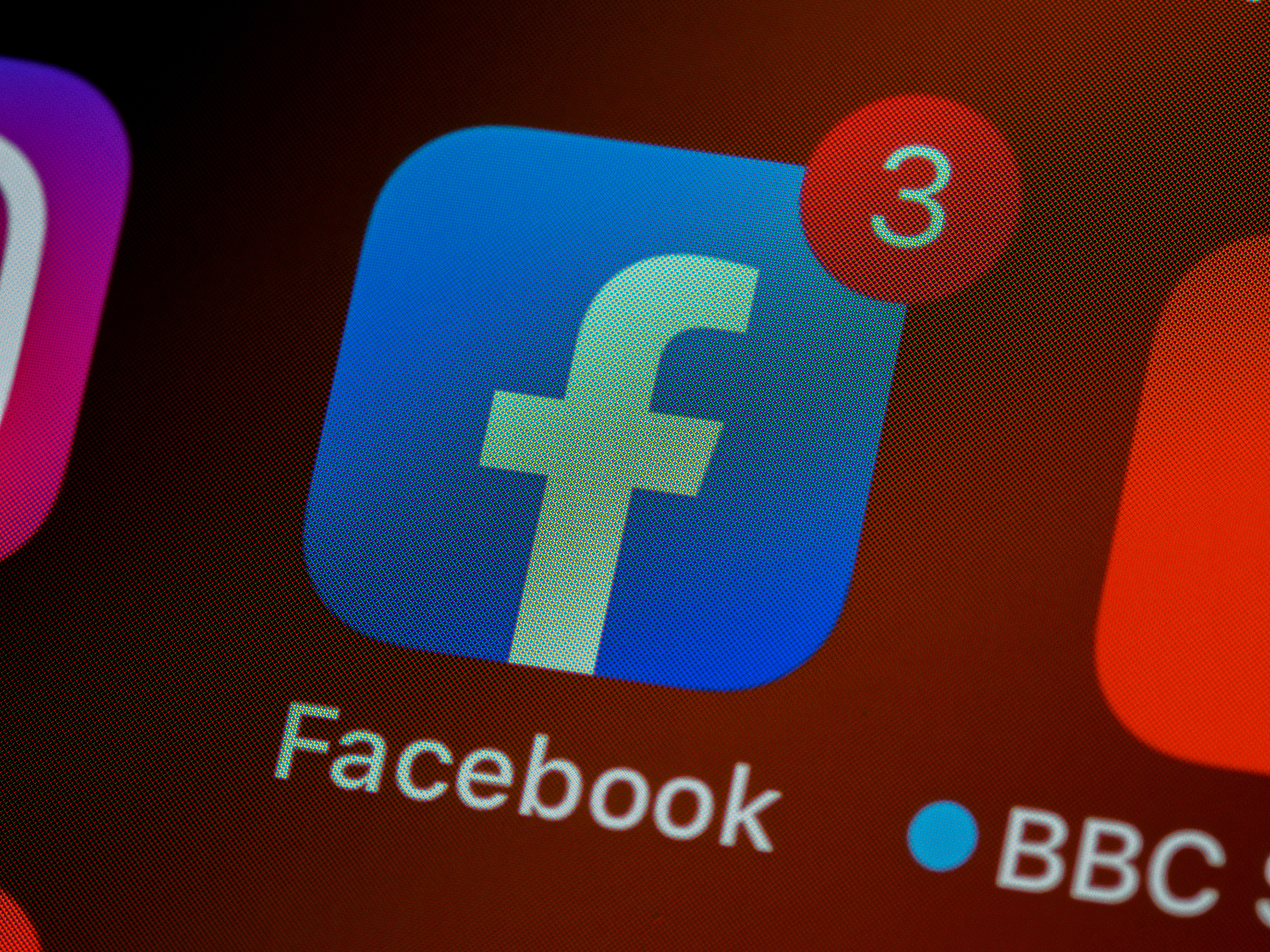
Don't Rely on Anyone Else's Platform. Build Your Own.
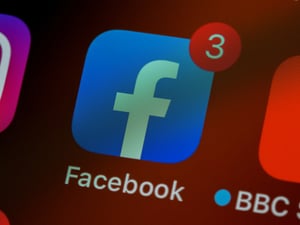 What would happen if you woke up tomorrow and the social media channel you rely on for new business had an outage? What if all your YouTube videos were removed, or what if you lost access to your Facebook business page? This would mean little traffic to your site, no new leads, and less income, right?
What would happen if you woke up tomorrow and the social media channel you rely on for new business had an outage? What if all your YouTube videos were removed, or what if you lost access to your Facebook business page? This would mean little traffic to your site, no new leads, and less income, right?If you have your own website, this isn't an issue. If you consistently create new, unique, and valuable content on your own site that engages and teaches readers, then losing a social media channel for a day, a week, or longer is no problem.
Building your own platform is vital to your long-term business continuity plans. You can't rely on others' platforms to host your content. This means Facebook for business pages, YouTube for videos, and Medium or LinkedIn for blog articles. If posting on Twitter is the only way to engage your audience, then you didn't do enough to cultivate your email list.
The risks you face by relying on other platforms for your own content and engagement are:
- facing changes to the platforms' terms of services, letting them own and reuse your content as needed
- changes to the advertising or publishing process, which means you're now competing with bigger budgets
- no control over the design of your content, meaning the platform has the final say over which ads show up
- outages, account restrictions or worse, the platform goes completely out of business, meaning lost content and lost time
At the end of the day, relying on other platforms means you either don't own your content anymore or don't control it, neither of which should be an option for your business. What works instead is building your own site with sections for articles, videos, podcasts, guides, and ways for people to subscribe.
I help businesses and marketers build marketing and sales systems that drive leads and scale with ease.
Not sure where to start? Take my marketing quiz and get personalized next steps.

